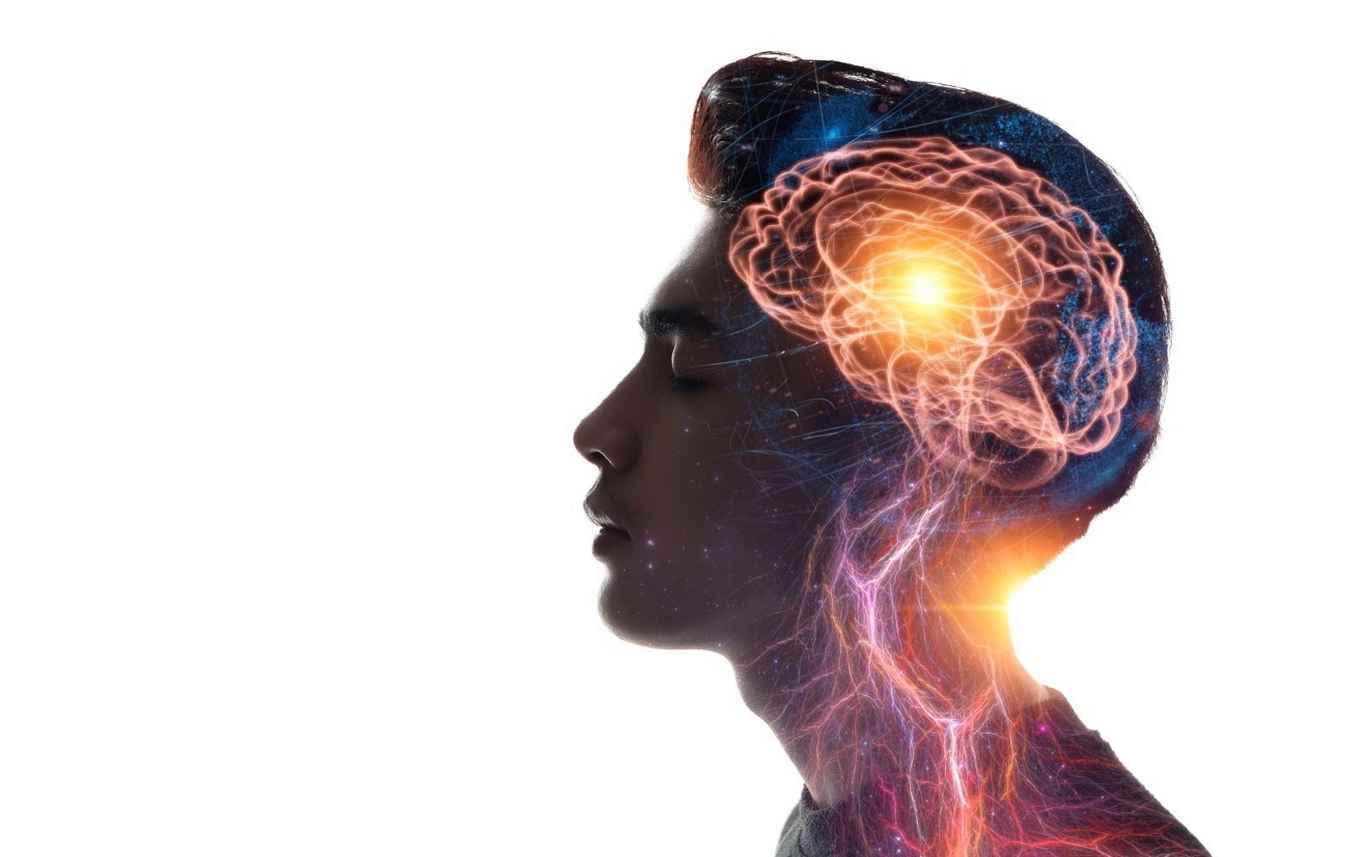Our recent memories may contain errors
20 April 2023

Memory is an indispensable part of human cognitive functioning. If we see a new colleague again after a two week vacation, we can usually rely on our long term memory to put the correct name to the face. If we turn our heads away from a scene, we can rely on our short term memory, that stores information for only seconds to minutes, to recollect what we just saw. It is generally assumed that our short term memory can do so accurately.
An international team of researchers conducted 4 experiments that consistently show that within that timeframe of just a few seconds recent memories that feel reliable can in fact be wrong. In these experiments participants went from correctly reporting what was there to erroneously, but with high confidence, reporting what they expected to be there. ‘Together, these experiment show that expectations can reshape our perception over short time scales, leading to what we refer to as short-term memory illusions’, states lead author Marte Otten of the University of Amsterdam.
The experiments
In the experiments, participants briefly saw a display of a circle of six or eight letters. Up to half of these letters were mirror-imaged. Participants had to keep these letters and their location in memory for a short time, which was made harder by presenting another display of irrelevant and unrelated letters. After a very short (half a second) or bit longer (3-5 seconds) interval, a display appeared only indicating the location of the item they first saw and had to report on. From 6 options participants had to select what they thought was the correct item. These options contained both the actual target they first saw and its mirror-reversed counterpart. The participants also had to rate how confident they were making this choice.
When the researchers zoomed in on cases where participants were confident of their memory, the most common mistake people made was selecting the real letter, when they had actually seen the mirror reversed version of that letter. This happened for up to 50% of the cases where the target was a mirrored letter. Illusory memories thus arose even when the to-be remembered items had only just disappeared from vision.
Memories in short term memory are shaped by world knowledge
The authors conclude that these illusory memories were driven by participants’ knowledge of the alphabet and hence their expectations. Marte Otten: ‘When the target was a real letter, participants almost never reported seeing the mirrored version. It thus seems that unexpected items, like a mirrored letter, are much more likely to be misremembered than items that fit our expectations of the world, in this case our expectations of what letters should look like.’
Moreover, the authors state that the memory illusions are not due to people incorrectly seeing the mirrored letters as real letters. ‘When people are probed within half a second, they correctly report seeing the mirror-reversed targets. This indicates that people have initially correctly seen and encoded the mirror-reversed letters. The memory illusions only start coming out in full force once slightly more time has passed.’
‘When we have strong expectations about how the world should be and our memory starts fading a little bit – even after just a few seconds- we start filling in based on our expectations’, concludes Otten. ‘In the case of our study the relevant expectations relate to a highly overlearned category of visual symbols, namely letters of the alphabet.’
Publication details
Marte Otten (University of Amsterdam), Anil K. Seth (University of Sussex ) and Yair Pinto (Canadian Institute for Advanced Research ), 2023, ‘ Seeing Ɔ, remembering C: Illusions in shortterm memory’, in: PLOS ONE 18(4): e0283257.